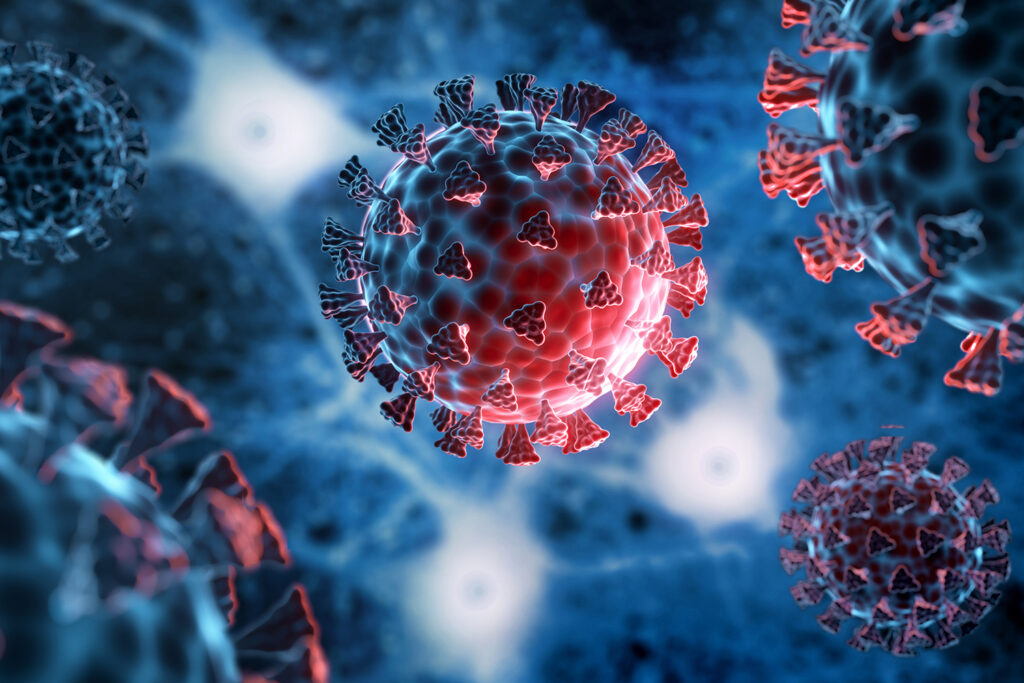
After a prolonged period of relative calm, Covid-19 cases are once again rising in India, particularly in Mumbai. The city recently reported 257 fresh Covid-19 cases and 2 deaths, with health officials attributing this surge to the newly emerging JN.1 variant of the virus. This latest variant, a sub-lineage of Omicron, has raised concerns due to its rapid transmissibility and ability to evade immune defenses.
In this comprehensive guide, we will explore what the JN.1 variant is, how it differs from previous strains, the symptoms to watch for, the latest Covid-19 situation in Mumbai, and important precautions you should take to protect yourself and your family.
What is the JN.1 Covid-19 Variant?
The JN.1 variant is a subvariant of the Omicron strain of SARS-CoV-2, the virus that causes Covid-19. First identified in late 2024, this variant has quickly attracted attention because of its enhanced ability to spread between individuals, especially in densely populated areas like Mumbai.
Unlike earlier variants such as Delta or the original Omicron, JN.1 exhibits mutations in the spike protein — the part of the virus that helps it enter human cells. These mutations potentially increase its transmissibility and enable it to partially evade immunity from previous infections and vaccinations.
How is the JN.1 Variant Different from Earlier Variants?
- Increased transmissibility: JN.1 spreads faster than previous Omicron subvariants, making it a significant public health concern, particularly in urban areas with high population density.
- Mild to moderate symptoms: While it tends to cause milder symptoms compared to Delta, its similarity to seasonal flu symptoms can delay diagnosis and increase spread.
- Immune evasion: It has some ability to escape antibodies generated by vaccines or prior Covid infections, though vaccination still offers significant protection against severe disease and hospitalization.
🚨COVID-19 Cases on Rise!#covid19 #caserise #india pic.twitter.com/Zdg9qWBAcq
— OneVision Media (@onevision_media) May 20, 2025
Current Covid-19 Situation in Mumbai
The Brihanmumbai Municipal Corporation (BMC) recently reported a surge of 257 new Covid-19 cases and 2 Covid-related deaths. The positivity rate, especially in congested localities and slums, is rising steadily, indicating community transmission is accelerating.
#FPDailyData: As Covid-19 cases rise in several Asian countries, here’s a look at the state-wise breakup of active cases in India. pic.twitter.com/B4cz2cGfQ5
— Firstpost (@firstpost) May 20, 2025
This uptick has alarmed health officials who fear that without adequate preventive measures, the situation could worsen rapidly. The BMC has urged citizens to remain vigilant and adhere to Covid-appropriate behavior, including mask-wearing and vaccination.
Who is Most at Risk from the JN.1 Variant?Although most people infected with the JN.1 variant experience mild symptoms, certain groups remain at higher risk of severe illness :
- Senior citizens (aged 60 and above)
- Individuals with chronic illnesses such as diabetes, heart disease, and respiratory conditions
- Immunocompromised individuals (e.g., cancer patients, organ transplant recipients)
- People who have not received Covid-19 vaccinations or booster doses
If you belong to any of these categories, it is especially important to take extra precautions and consult healthcare providers promptly if symptoms develop.
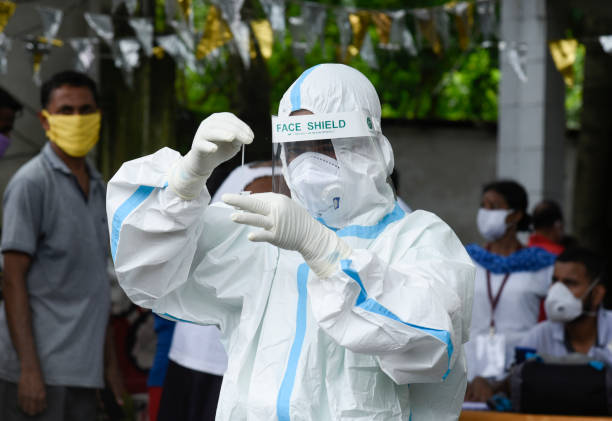
Symptoms of the JN.1 Covid-19 Variant: What to Watch For
One of the biggest challenges with the JN.1 variant is that its symptoms often mimic the common cold or seasonal flu. This similarity can lead to delays in testing and diagnosis, allowing the virus to spread more easily.
Common Symptoms Include :
- Fever or chills
- Persistent cough and sore throat
- Runny nose or nasal congestion
- Fatigue and body aches
- Headache
- Muscle soreness
When Should You Seek Medical Attention?
Although most cases are mild, seek immediate medical help if you experience:
- Difficulty breathing or shortness of breath
- Chest pain or pressure
- Persistent high fever not relieved by medication
- Symptoms worsening after 4–5 days or new severe symptoms developing
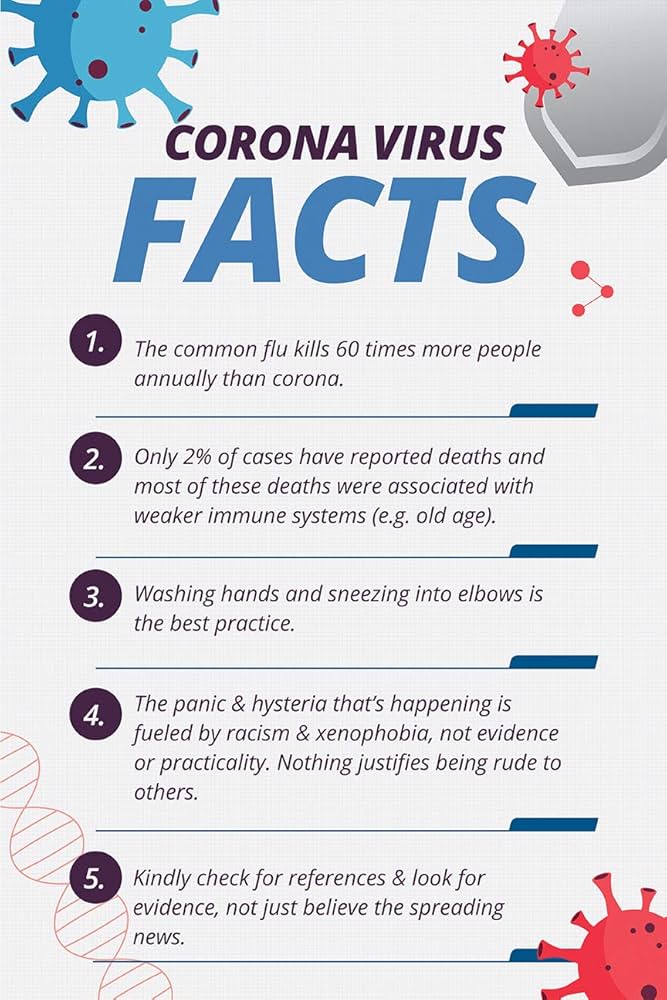
How to Protect Yourself : Precautions Against the JN.1 Variant
Despite the easing of lockdowns, Covid-19 remains a threat. The following preventive measures are crucial in reducing the spread of the JN.1 variant and protecting your health:
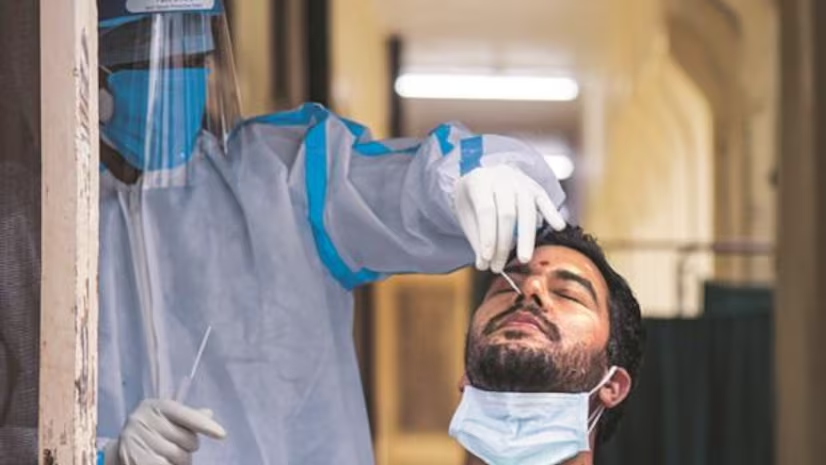
1. Wear a Mask
Use a high-quality mask, such as N95 or KN95, especially in crowded indoor spaces like public transport, markets, and workplaces. Proper mask usage can reduce transmission significantly.
2. Practice Social Distancing
Maintain at least 1 meter (3 feet) distance from others, particularly in closed environments. Avoid large gatherings and crowded places where the virus can spread quickly.
3. Hand Hygiene
Wash your hands regularly with soap and water for at least 20 seconds, or use an alcohol-based hand sanitizer when washing isn’t possible.
4. Get Vaccinated and Stay Up to Date
Vaccination remains the most effective defense. Get your booster dose if eligible to increase protection against severe illness caused by JN.1 or other variants.
5. Monitor Your Health
If you develop any Covid-like symptoms, isolate yourself and get tested immediately. Early diagnosis helps prevent spreading the virus to others.
What to Do If You Test Positive for Covid-19
If you test positive for Covid-19, follow these guidelines to protect yourself and others:
- Isolate yourself at home or in a dedicated facility as advised by health authorities.
- Rest and hydrate adequately to help your body fight the virus.
- Monitor oxygen levels regularly, using a pulse oximeter if available.
- Contact a healthcare professional immediately if symptoms worsen or if you belong to a high-risk group.
- Inform close contacts and advise them to get tested and monitor for symptoms.
What Are Health Authorities Saying About JN.1?
Mumbai’s health authorities and national agencies like the Indian Council of Medical Research (ICMR) are closely monitoring the spread of the JN.1 variant. Some key points include:
- The World Health Organization (WHO) has classified JN.1 as a “variant of interest”, indicating it requires careful surveillance but is not yet classified as a “variant of concern.”
- BMC officials emphasize continued testing, especially in high-risk areas, to track and contain outbreaks early.
- Health departments urge citizens to continue practicing Covid-appropriate behavior and to report symptoms promptly.
The Importance of Staying Informed and Avoiding Misinformation
As Covid-19 evolves, misinformation and rumors can spread quickly. It is essential to rely on credible sources such as government health departments, WHO, and trusted medical professionals for updates.
Sharing accurate information and encouraging responsible behavior within your community can help mitigate the impact of the virus.
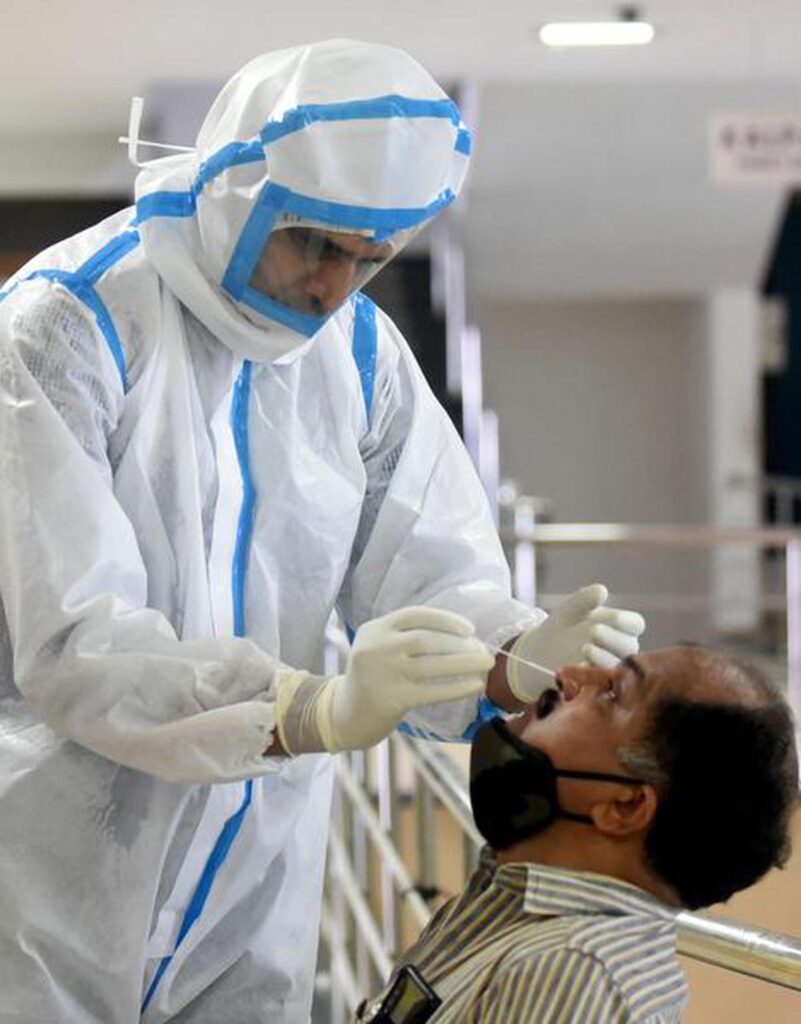
Covid-19 is Not Over — Stay Vigilant
The emergence of the JN.1 variant is a clear reminder that Covid-19 is still very much a part of our lives. Mumbai’s recent surge in cases highlights the need to maintain vigilance, follow health guidelines, and stay informed.
By understanding the symptoms, protecting yourself through vaccination and precautions, and seeking medical care when needed, you can reduce the risk of serious illness for yourself and those around you.
Stay safe, stay informed, and let’s continue working together to control the spread of Covid-19.
